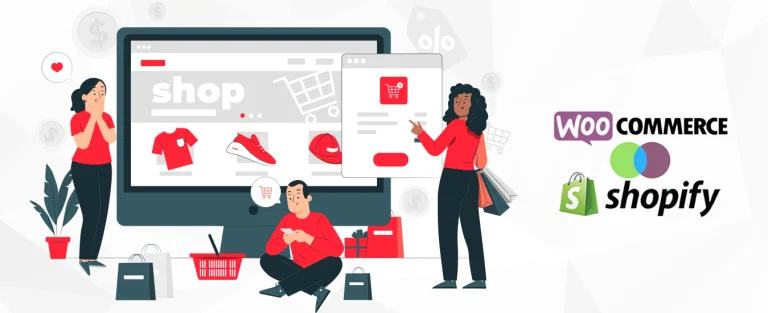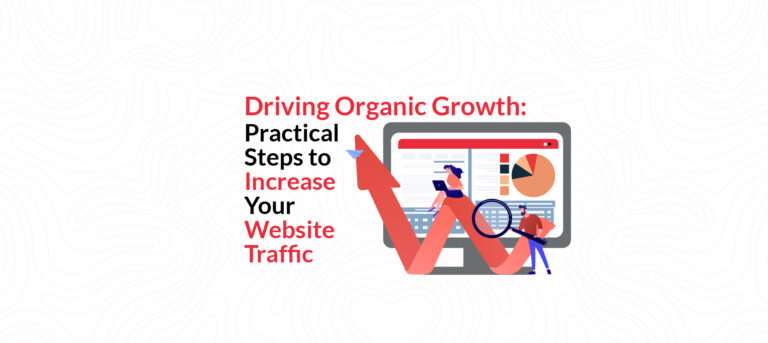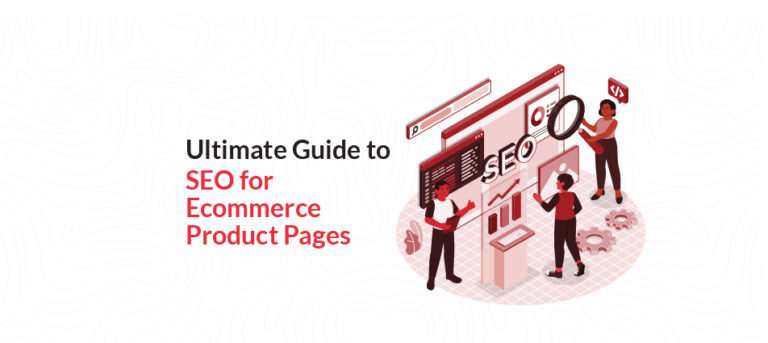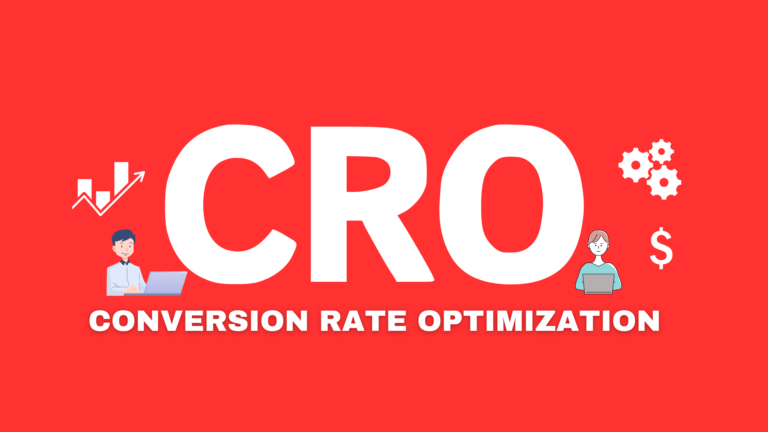Advanced Shopify SEO: Mastering Third-Party Integrations and Developer Tools
The prowess, potential, and pertinence of Shopify are quite evident. From Tesla and Redbull to young businesses, Shopify is the go-to eCommerce platform for all. This subscription-based SaaS tool empowers individuals to start, manage, and expand their businesses. The comprehensive suite that Shopify provides enables people to give flight to their entrepreneurial dreams by creating and operating online stores. But, quite understandably, simply harnessing the bare minimum from Shopify is not enough.
As a business grows, it becomes crucial to adapt to innovations and novel technologies. Thus, you can take your Shopify store to the next level with third-party integrations. They help you become more scalable while maximizing the potential of your eCommerce website. Interested to know more? Join us at O+, as we explore the nitty-gritty of advanced SEO for Shopify and ways to master third-party integrations and developer tools.
Limitations of Built-in Shopify Features
Shopify has over 4.8 million online stores. Despite such magnanimity, it is not without flaws, especially the built-in Shopify features.
- Limited Design Options
The built-in Shopify features have limited design options when compared to other eCommerce platforms. This can be a major problem if you want your eCommerce store to look unique. In such a context, third-party integrations and developer tools come to the rescue.
- No Built-in Blog
Shopify does not have a built-in blog feature. This becomes a problem when you want to drive traffic to your online store. But, fret not, as it is possible to add a blog to your Shopify store using specific apps or by integrating it with your existing blog.
- Limited Support for International Stores
The third limitation of built-in Shopify features is that you get limited support for international stores. But, the problem can be solved using third-party apps and integrations.
In a nutshell, the benefits of Shopify are wide and expansive, but they have limitations, most of which can be handled with Shopify SEO techniques, third-party integrations, etc.
What is Shopify Third-party Integration?
Simply put, Shopify third-party integration means connecting your Shopify store to external apps and services to enhance functionality. Some of the ways to integrate third-party apps with a Shopify store include –
- Shopify App Store – It is the easiest way to accentuate your Shopify store. You can simply install an application directly from the Shopify App Store. Thereafter, the app is seamlessly integrated into your store.
- Shopify API – It is a way to utilize the Shopify API for custom integration, accessing store resources like products, orders and customers to manipulate or extract data.
- External Services – Thirdly, you can also integrate external services that are not listed in the App Store like payment gateways or fulfillment companies. This can be possible with developer tools.
SEO experts at O+ can help you ensure seamless Shopify third-party integrations to boost your website.
Benefits of Third-Party Integrations in Shopify
Some of the benefits of third-party SEO apps include –
- They save you time and money by automating minor and repetitive tasks, thereby improving efficiency.
- With third-party integrations, it also becomes easier to mitigate human errors as automation systems are already in place.
- Third-party integrations are also needed to add new features and functionalities to your online store.
- Third-party integrations, such as live chat, loyalty programs, email marketing, etc, also make it easier for customers to engage and interact with your brand and buy from you. This increases sales, as studies reinstate that engaged customers spend 60 percent more per purchase.
- The fifth benefit of third-party SEO apps integration is better customer experience. An easy-peasy purchasing experience is mandatory for customer satisfaction and loyalty. Integrations enable conveniences like saving payment information, automation, etc improve customer experience by leaps and bounds.
Now that we know how third-party Shopify integration can elevate your online store, let us check out how advanced Shopify SEO strategies can help.
Advanced Shopify SEO Techniques – A Crisp Guide
Advanced Shopify SEO techniques can help your online store reach the top of the SERPs (Search Engine Results Page) and increase its online visibility. With the help of Shopify SEO features, you can attract targeted traffic, which bolsters the prospect of sales and conversions. Likewise, Shopify SEO also helps establish trust and credibility with potential customers by enabling them to find your website easily. Thus, SEO for Shopify can be a game-changing phenomenon. Some of the advanced Shopify SEO strategies worth your time and money are –
- Page Speed Optimization
You can improve the page load speed of your eCommerce store by compressing images, using browser caching and minimizing unnecessary codes. The higher the page speed of your store, the greater the likelihood of grasping consumers’ attention. Moreover, page loading speed and eCommerce conversions are intrinsically related. Speedier eCommerce stores loading within 1 second have 2.5 times higher conversion rates than sites that take 5 seconds to load.
- Schema Markup
The second Shopify store SEO feature that can be an absolute game-changer is schema markup. Implementing schema markup provides search engines with structured data about your products. Thus, search engine crawlers are able to better understand your eCommerce store’s content, which can culminate in rich snippets in organic search results.
- High-quality Backlinking
An advanced and high-quality back-linking strategy can do wonders for your Shopify store. Start by reaching out to relevant influencers, bloggers and industry publications for backlinks. Remember that when it comes to backups, quality trumps quantity. High-quality backlinks from authoritative sources can vehemently boost your built-in Shopify SEO features.
- Optimize your Metadata
The fourth SEO strategy worth trying out is metadata optimization. Quite understandably, metadata is one of the most important aspects of SEO for Shopify. So, when you optimize your store’s metadata, it appears higher in search results and garners more organic traffic. Some easy-peasy ways to optimize metadata include –
- Judicious and strategic use of keywords
- Keeping titles and descriptions clear and concise
- Writing actionable meta descriptions and more
- Product Page Optimization
Last but not least, you should also optimize the product pages of your online store by using high-quality images with alt texts. Besides, the product descriptions must be engaging, and relevant and add value to the reader. To write superb product descriptions, you can engage in competitor analysis.
Conclusion
So, there we have it, a crisp overview of advanced Shopify SEO strategies, such as schema makeup and technical SEO audits along with the benefits of third-party integrations from a Shopify SEO company.







